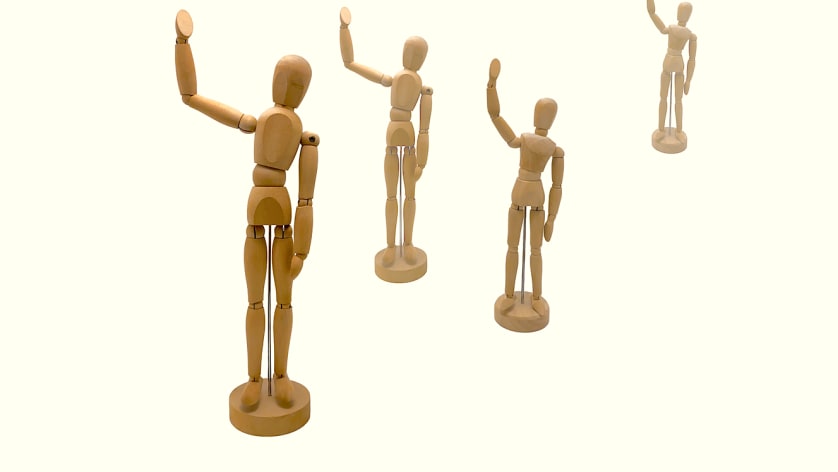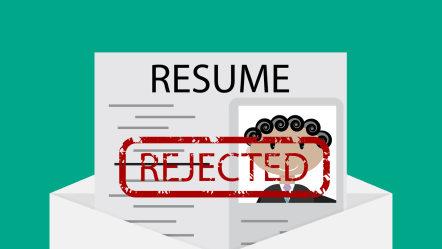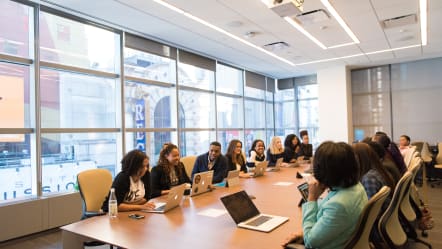What to avoid in your follow-up mail

After an interview, it's generally a good idea to send a short but circumspect email to your interviewers. Not just to thank them for their time, but also to reiterate why you're a good fit for the role - remind them where you excelled in the interview. This is generally pretty harmless and is considered a kind of formality, but there are a few ways it can go wrong.
Here are five things to avoid in your interview:
Spelling or grammatical errors
This should go without saying, but just because you had a strong interview doesn't necessarily mean you got the job. An oversight like a misspelling or the wrong company/role (if you're sending multiple thank yous) could indicate that you're not very detail-oriented - or worse, that you don't care much about the outcome of the interviews. Before hitting send, double-check your message for errors to avoid appearing careless.
Apologies or excuses
Thank you notes are not the place to make up for poor interview performance. When things don't go well, the reality is that either 1) the team makes the decision against you, or 2) they choose to ignore your mistakes or weaker answers based on your other answers and qualifications. Addressing weaknesses will only bring them to their attention. Instead, focus your messaging on where your strengths are and what unique qualities you can bring to the company.
Salary, schedule and role concerns
Even if you have concerns about the salary offer, it's best to hold them off until after you've received a job offer. Otherwise, it could possibly persuade the team to give preference to another candidate who did not express such concerns.
The same goes for things like start date, contract length, and any concerns you might have about the suitability of the role.
An exception may be if you have received another job offer with a set decision date. Including this shorter time span in your thank you letter can help drive the decision forward - and businesses in general will understand that the situation is out of your hands.
The same message to multiple interviewers
It can be tempting to send the same message to all interviewers, especially if you've spent a day there and met several people. However, it's not uncommon for teams to internally share the follow-ups they receive. So take the time to personalize each message. Perhaps bring up an interesting point an interviewer mentioned or point out a specific skill or experience they might recall.
Any key contact, like the hiring manager or a recruiter, who took the time to meet with you deserves a quick follow-up email.
All other superfluous information
An interview follow-up is meant to thank you and reiterate your skills and enthusiasm for the dev job. Other information, such as sending references or asking for reimbursement for interview costs (if agreed in advance) can distract from the most important points. Additional issues or questions may be addressed in future emails or phone calls. Keep immediate communication clear and focus on the take-home point: the strength of your application and interview.


















